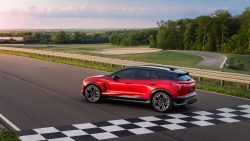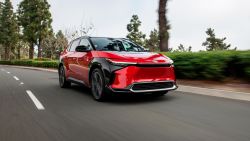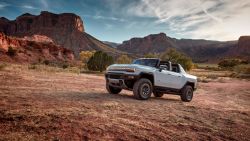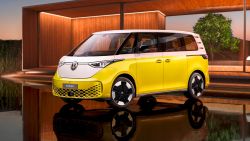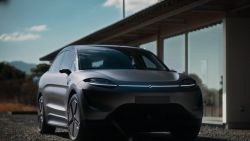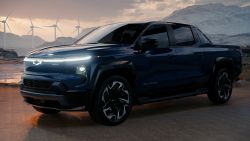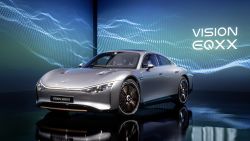Dyson has announced plans to build electric cars at a new factory in Singapore that will be operational by 2020.
The British maker of vacuums and hand dryers said Tuesday that it had selected the city because of its manufacturing expertise, skilled workforce and proximity to high-growth markets in Asia. Construction work will begin in December.
“Singapore has a comparatively high cost base, but also great technology expertise and focus,” CEO Jim Rowan said in a statement. “It is therefore the right place to make high quality technology loaded machines, and the right place to make our electric vehicle.”
Founder James Dyson announced last year that the company was joining the global race to electric vehicles that pits the biggest established names in autos against specialists such as Tesla (TSLA).
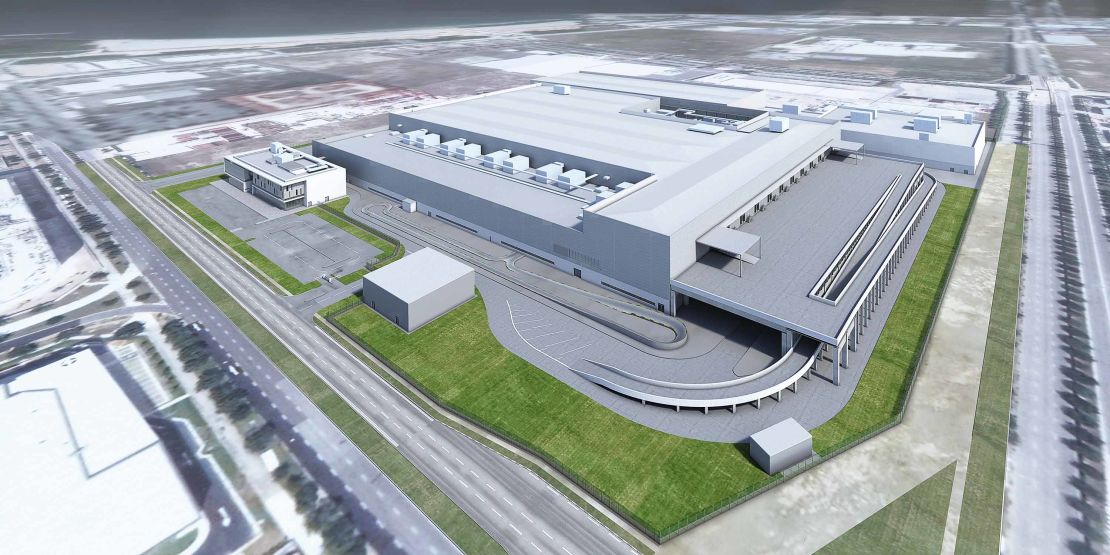
The inventor and entrepreneur said then that he planned to invest £2 billion ($2.6 billion) to produce an electric vehicle by 2021. Some 400 workers, including engineers and designers, are now at work on the project at a former Royal Air Force base in England that Dyson purchased in 2016.
Dyson already employs 1,100 people in Singapore, where it manufactures motors. The company also has production facilities in Malaysia.
By building its cars outside the United Kingdom, Dyson will skirt any potential supply chain disruptions caused by Britain’s departure from the European Union, a cause the company’s founder has championed.
Automakers with existing plants in the country have warned that customs checks resulting from Brexit could hold up parts shipments and force them to close factories.
“Singapore has only a small automotive industry, but its location in the middle of Asian trade routes makes it very attractive in terms of supply chains,” said Ana Nicholls, an analyst at the Economist Intelligence Unit.
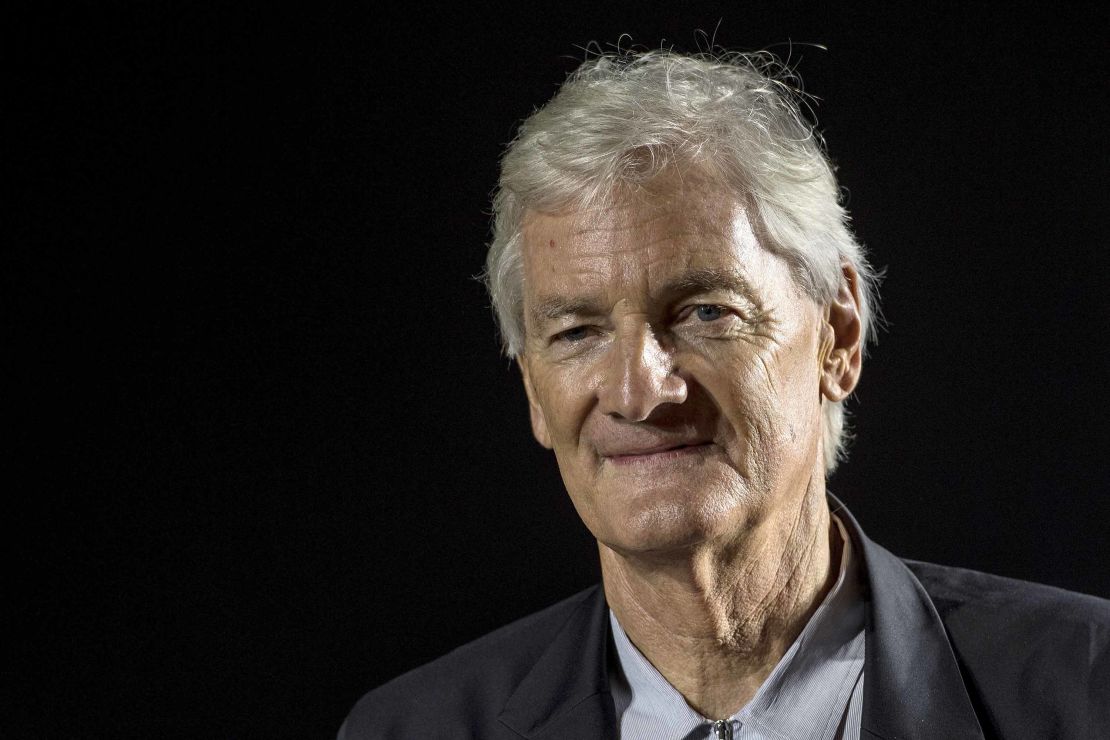
Dyson has so far released very few details about the electric vehicle it hopes to develop.
If the firm’s other products are any guide, it’s likely to be innovative and carry a premium price tag — Dyson vacuums sell for up to £500 in the United Kingdom, and $700 in the United States, and the company once brought a $400 hairdryer to market.



